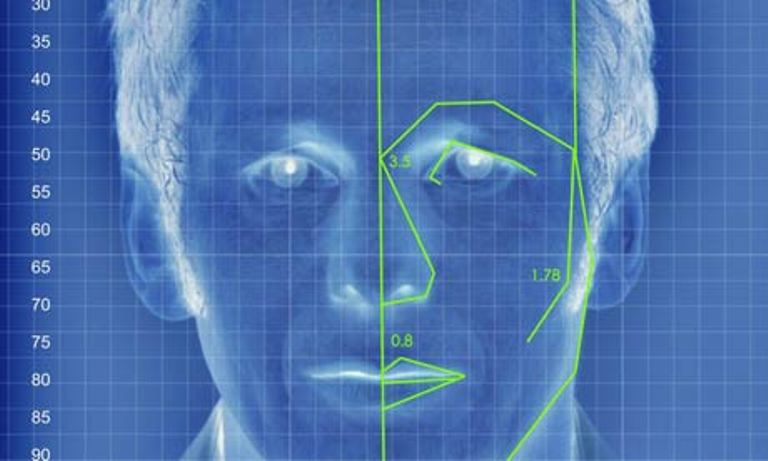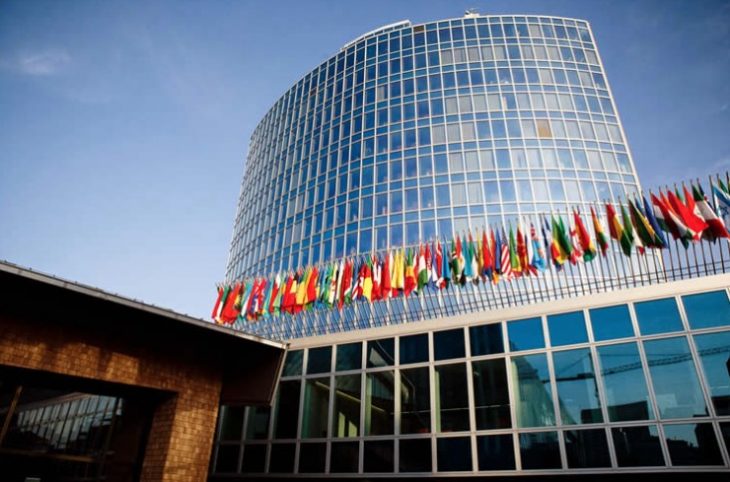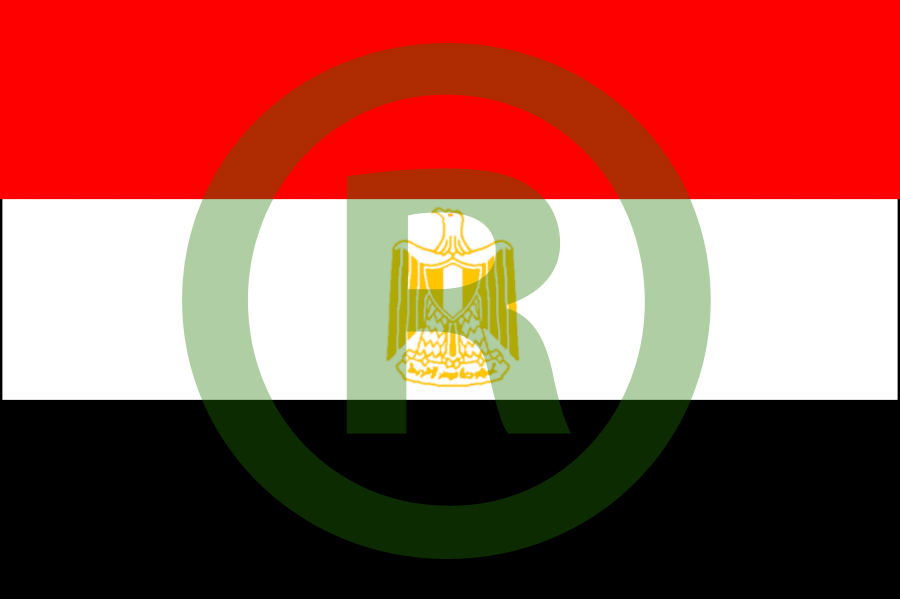Yazmin Galindo
Once upon a time, the United States was both thought of – and was in reality – the international leader in communication technology; now it is being successfully challenged in this arena by foreign companies. One such firm is Huawei, a major Chinese telecommunications equipment and services company.
Huawei is headquartered on the Google campus in Shenzhen, not far from Hong Kong; its main office in the US is in Plano, Texas. The company has achieved a global reach, with a presence in Europe, Africa and Latin America. It is the only company in the US equipped to build 4G systems providing mobile ultra-broadband Internet access, capable of handling high volumes of data, phone calls and high-definition video. Huawei products include smartphones, routers and switchers. What needs to be emphasized here is that this company has the know-how required to gain access to sensitive national security information, intellectual property, and US corporate and consumer data.
It is for these reasons that Huawei has become a matter of huge concern to the US government. For example, the Intelligence Committee of the US House of Representatives has expressed its alarm over alleged violations by the company of Chinese government regulations and its acquisition of information belonging to US companies and consumers, posing a serious security threat.1
Huawei has managed to establish and maintain networks in US rural markets. Craig Mock, the President and General Manager of United Wireless, headquartered in Dodge City, Kansas, hired Huawei as a vendor, leading to an interrogation of Mock by the House Intelligence Committee.
Members of Congress have also voiced dismay regarding a 5 billion contract that Huawei was negotiating with Sprint, to build the latter a new 4G wireless network.
In 2008, Motorola sued Huawei for an act of industrial espionage – allegedly stealing Motorola intellectual property.2
In an effort to improve its somewhat tarnished image, Bill Plommer, Huawei’s Vice President, said in an interview that the company had been the target of much misinformation and innuendo, and that Huawei is nothing more than “a business doing business.” 3 Plommer added that the company’s dealings are an open book, which begs the question, “Why the lack of communication over the past 10 years?” It should be pointed out that Ran Zhengfei, Huawei’s CEO, has never granted an interview with the media. One step Huawei could take to show that is indeed serious about transparency is to explain its relationship with the Chinese government and China’s Communist Party
1 https://www.law.upenn.edu/blogs/regblog/2012/10/24-takahashi-chinese-telecom.html
2 http://paidcontent.org/2011/01/24/419-one-more-ip-infringement-suit-huawei-vs-motorola/
3 http://www.cbsnews.com/8301-18560_162-57527441/huawei-probed-for-security-
espionage-risk/?pageNum=3&tag=contentMain%3bcontentBody
Committee.
Huawei’s successes in the communications industry should be regarded as a wake-up call to US companies. They allowed dominance in the electronics and automobile industries to slip away; they must get to work on innovative strategies designed to restore them to their position as telecommunications technology industry leaders, capable of protecting national security and intellectual property.














